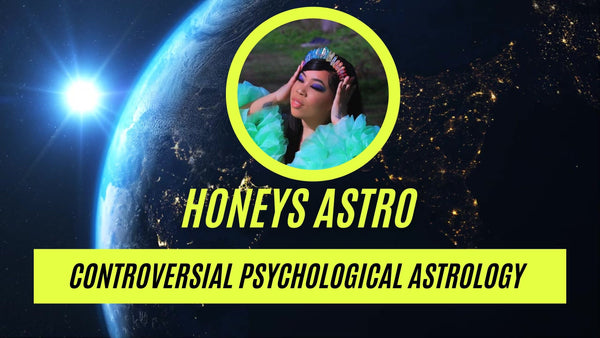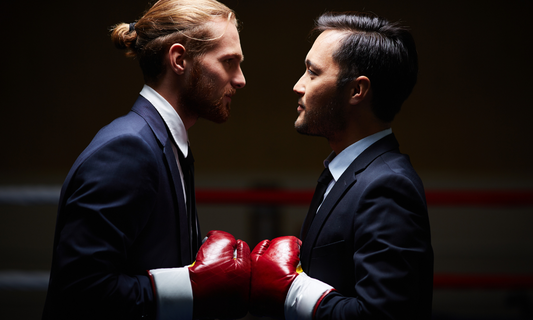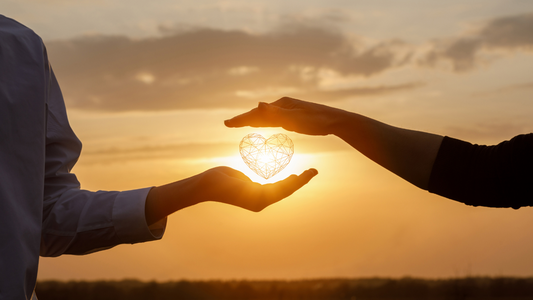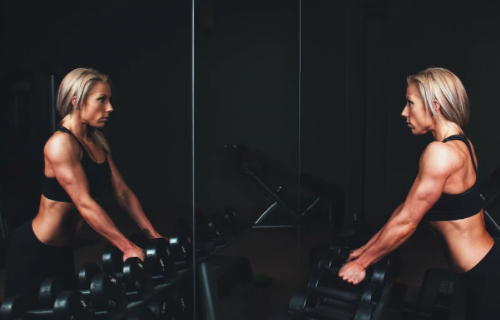When Moon squares Uranus in synastry, the emotional connection between two people is marked by unpredictability, intensity, and a sense of emotional electricity that can be both exciting and destabilising. The Moon represents emotional needs, comfort, security, and instinctual reactions, while Uranus brings rebellion, freedom, innovation, and sudden changes. When these two clash in a square, it often creates tension between the desire for emotional closeness and the need for independence and space.
In this dynamic, the Moon person may feel emotionally rattled or insecure due to the erratic or unpredictable behaviour of the Uranus person, who may find the Moon person's emotional needs to be too heavy, clingy, or restrictive. The Uranus person might come off as emotionally aloof or inconsistent, affectionate one moment and distant the next. Meanwhile, the Moon person might crave steadiness and nurturing, and feel destabilised by the on-again, off-again rhythm of the Uranian influence.
This aspect can create emotional fireworks. There’s often instant attraction and a sense of something “different” or exciting about the connection. But over time, if the instability becomes too pronounced, it can lead to emotional exhaustion or insecurity for the Moon person, and restlessness or guilt for the Uranus person. There’s a constant tug-of-war between emotional safety and personal freedom.
For the relationship to thrive, both partners need to consciously manage the emotional tension. The Moon person must learn not to take Uranus’ need for space personally, while the Uranus person needs to understand that emotional consistency doesn’t mean emotional confinement. Open communication, mutual respect for each other's emotional rhythms, and allowing room for change without fear can help harness the electric energy of this aspect in a way that promotes growth instead of chaos. At its best, this synastry aspect can create a relationship that is emotionally awakening, liberating, and deeply unconventional, so long as both partners are open to evolving their emotional habits and don’t expect the relationship to follow a traditional script.





